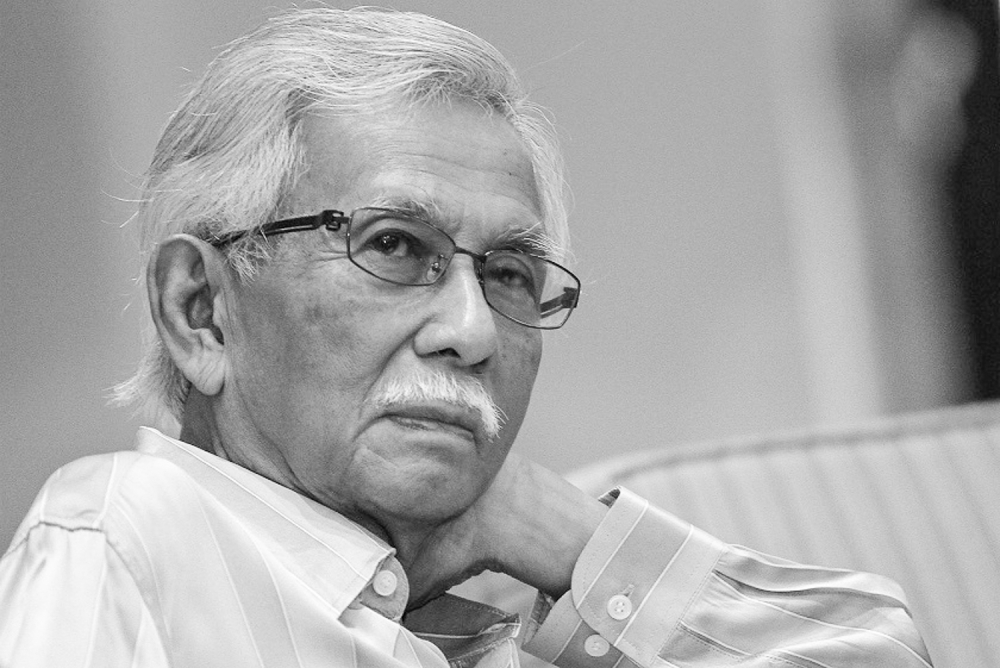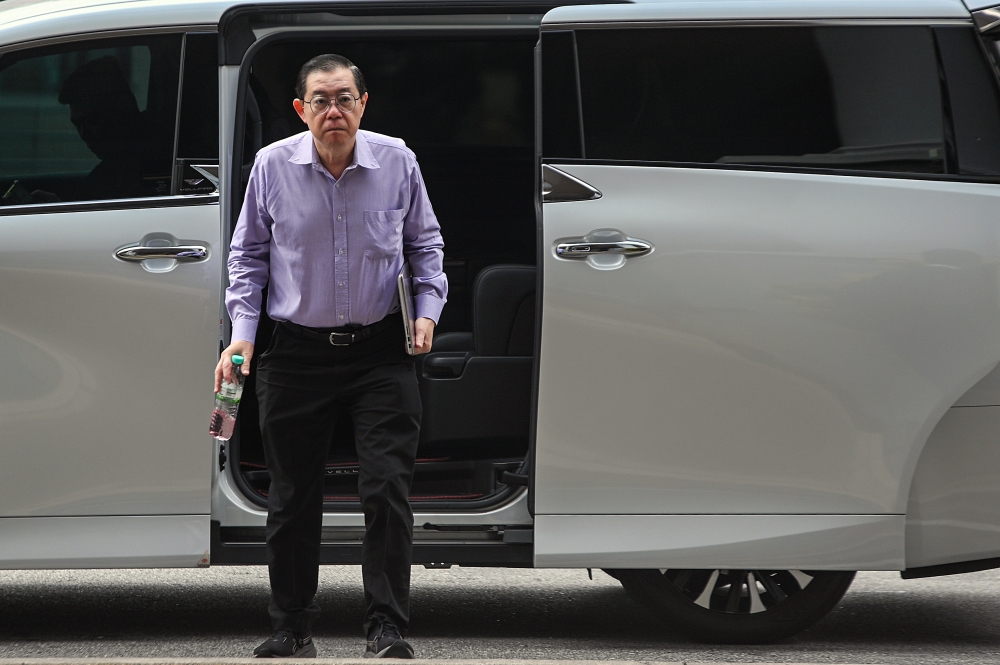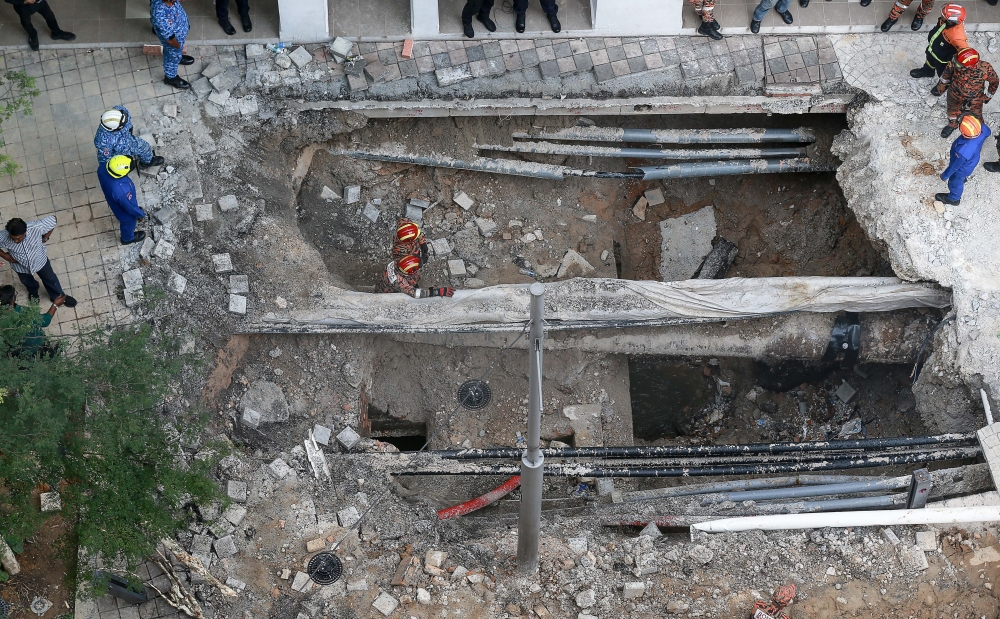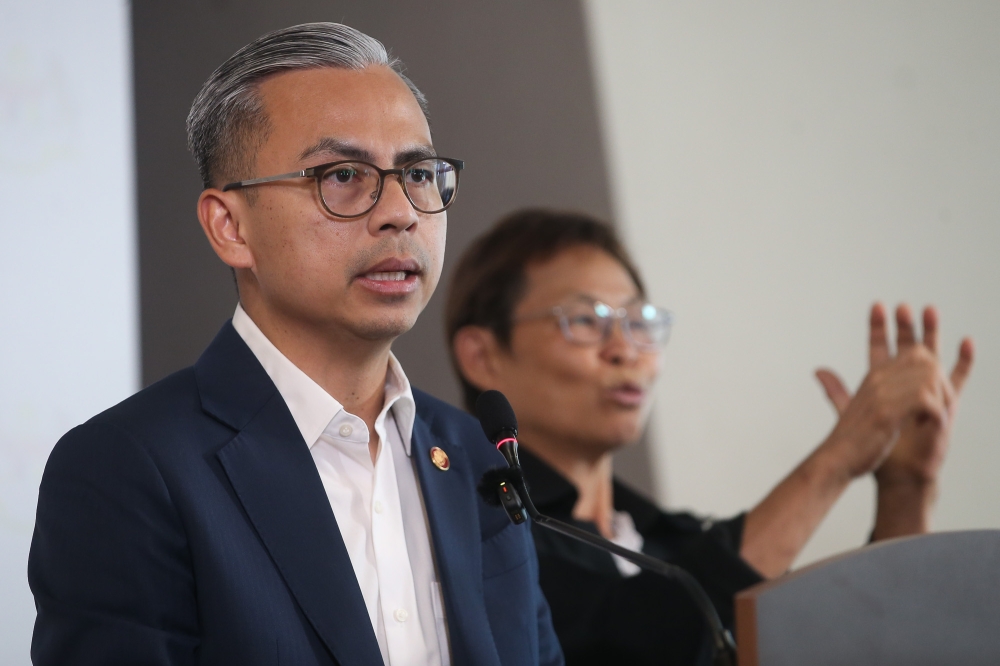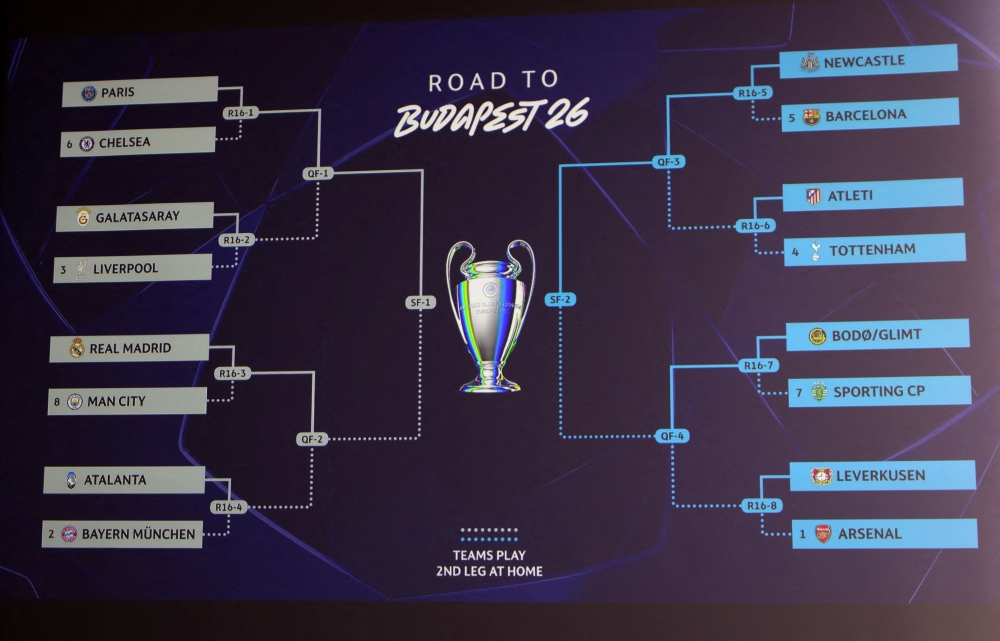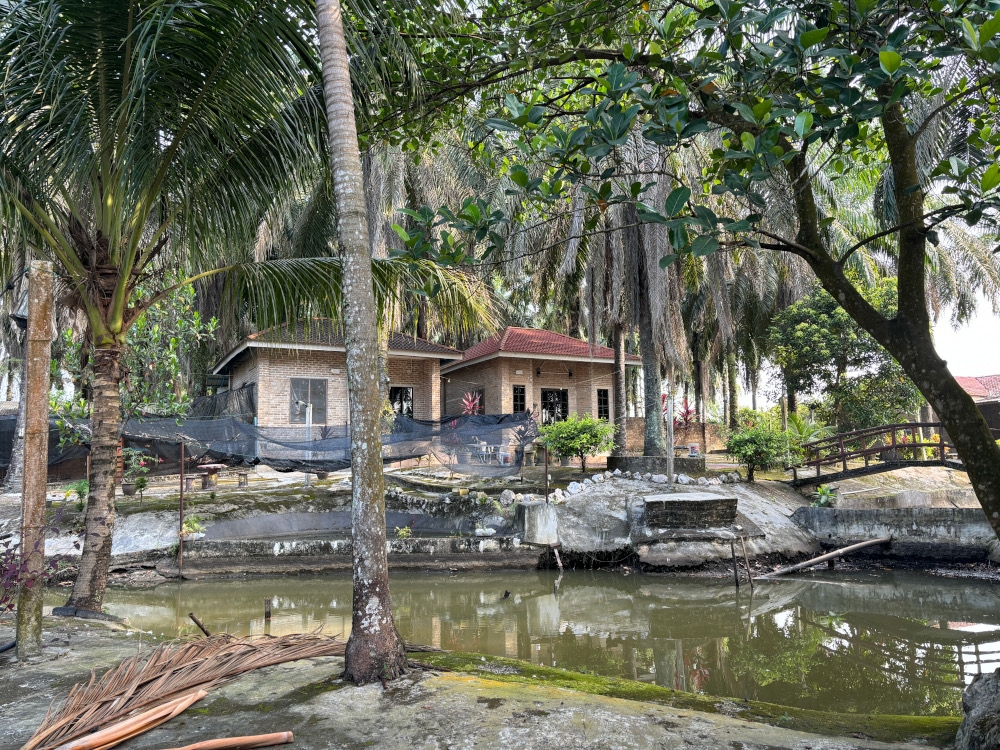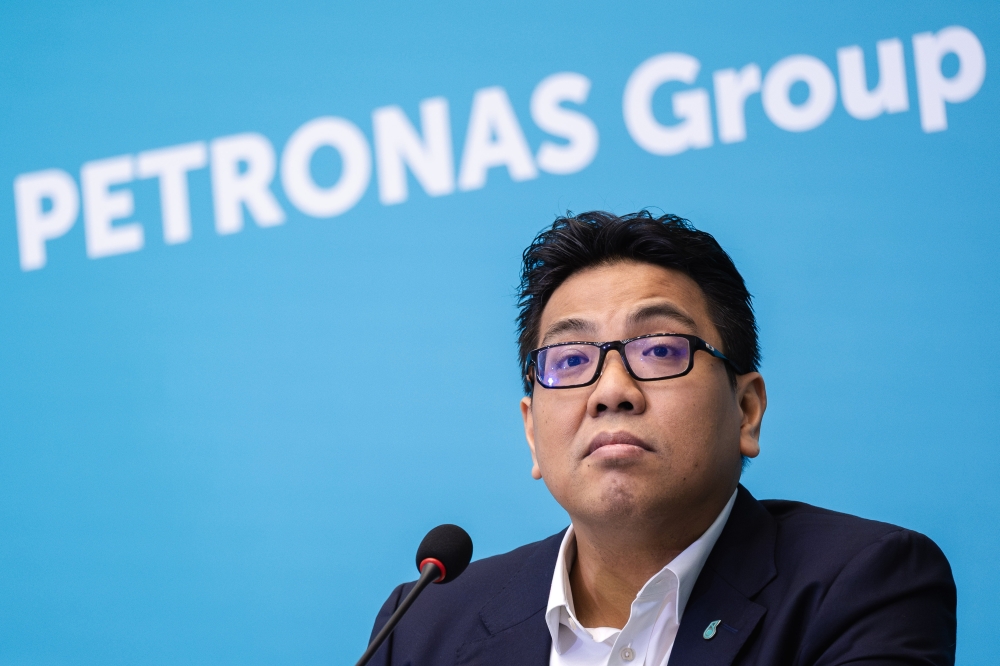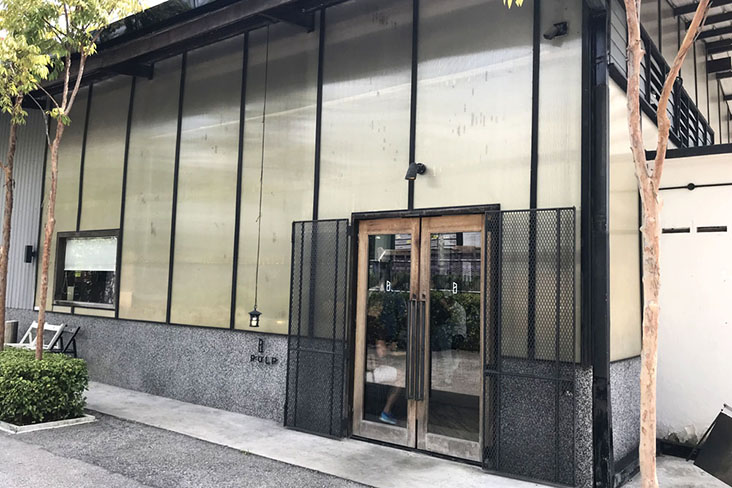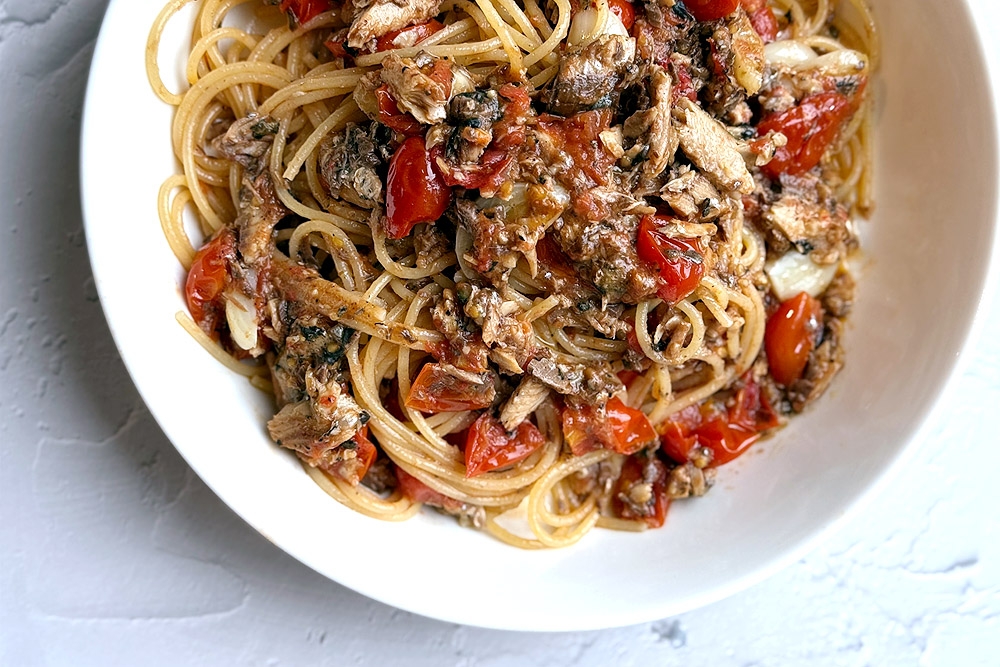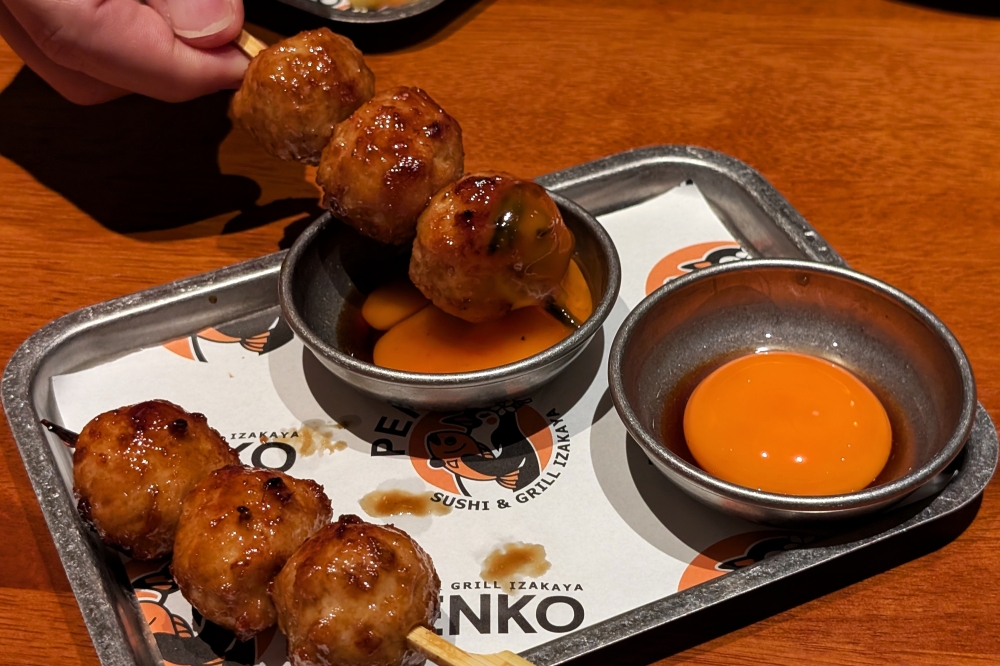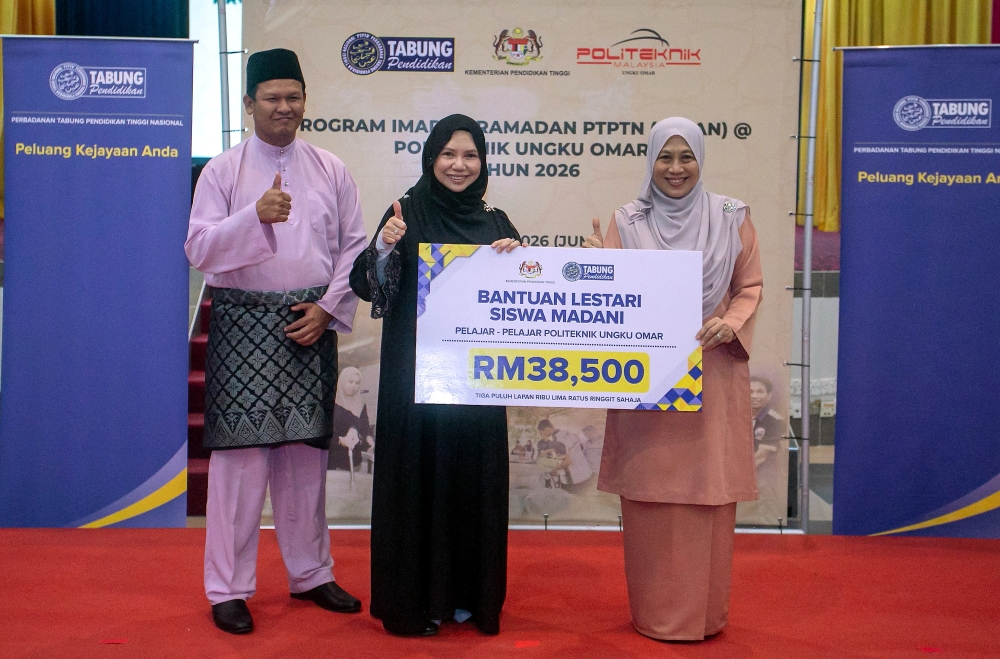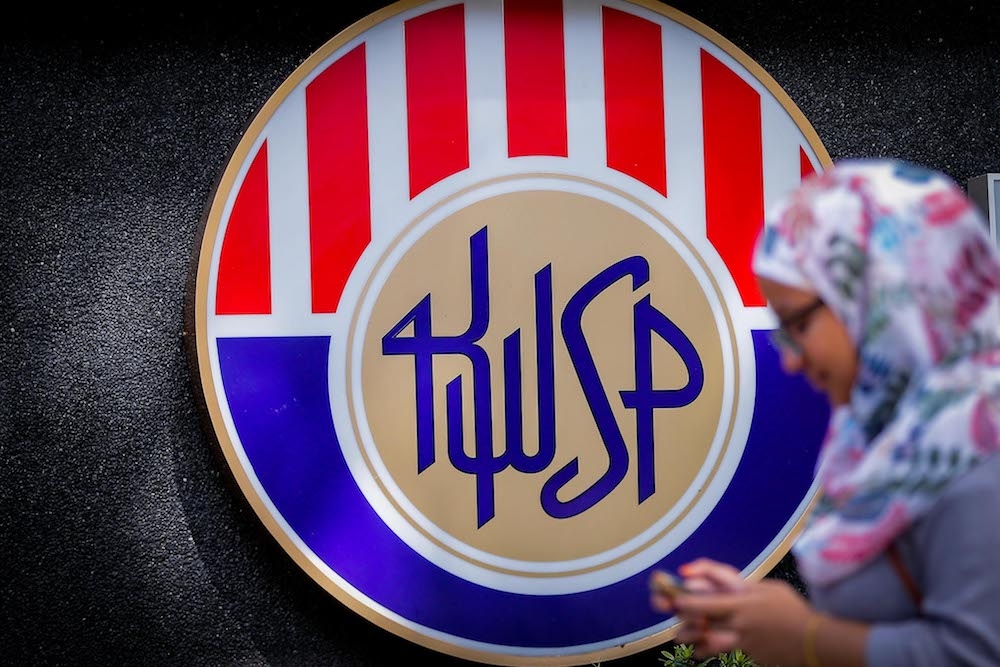KUALA LUMPUR, March 6 — There’s something magical about how you’re greeted the moment you step into a shop.
A simple “Hello, welcome!” goes a long way in preparing you for a wonderful customer experience.
And that’s something I’ve learned to expect each time I visit Pulp by Papa Palheta, one of my favourite places for coffee in town.
The little details matter. Take their new sippy cup for cold beverages; it’s been thoroughly thought through and not just some knee-jerk reaction to next year’s nationwide plastic straw ban.
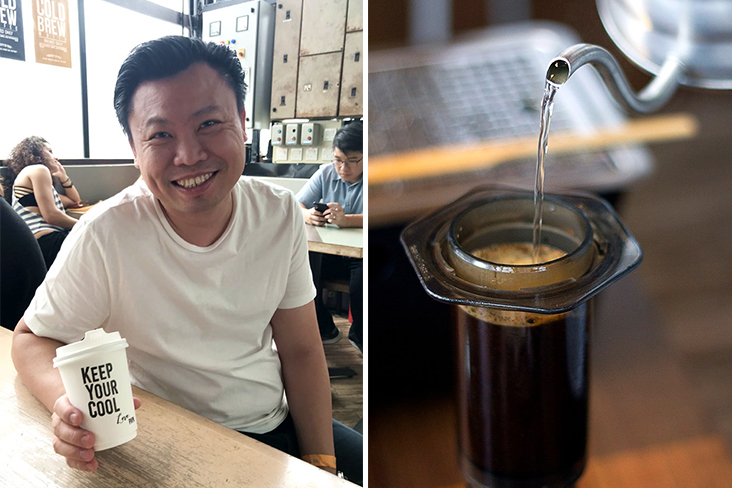
This is something that owner Marcus Foo understands very well. He says, “The first impression is a huge part of how our customers perceive us and experience the Papa Palheta brand.”
Pulp opened in 2014 as the Malaysian flagship store of Papa Palheta, a Singapore-based coffee roasting and wholesale business run by Foo with his cousin Leon Foo.
Since then, Pulp has gone from strength to strength; in an industry where many cafés are struggling, Pulp is seeing a 15 per cent year on year growth in coffee sales.
Next up for Papa Palheta is their rebranding exercise — which they will announce later this year as they draw near 10 years of operation – as they have grown to become a fully bilateral enterprise.
It is an opportunity to tell their story to a new audience. Their existing audience, however, already recognises the brand for well-honed cues: great coffee sourced based on the principles of transparency and traceability, millennial-centric design and remarkable customer service.
Which makes one rather curious about their hiring and training process. There is a certain counter-intuitive approach that makes perfect sense on hindsight.
Foo says, “Instead of recruiting baristas, we look for someone who is good with people. Along the way, in both Kuala Lumpur or Singapore, we have worked with many young people who want to learn, not only about coffee, but how to interact with customers, how to understand what they need.”
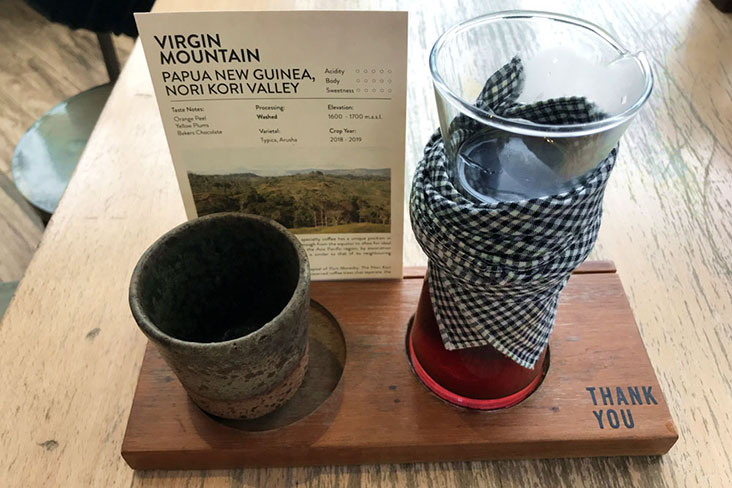
Clearly education is key here. One thing I’ve noticed at Pulp is how every staff is more than ready to explain any aspect of what they do — be it calibrating the espresso machine or how the drainage for the rotating bars works.
In being so open, they bring the customers closer to the staff and by extension, the entire coffee experience.
To further this, Papa Palheta’s C-Platform — a space where customers (now students) can experiment with a variety of coffee brewing equipment under the guidance of a trainer, often in the form of small group classes — offers a hands-on learning opportunity.
“Our goal has always been to create a Singaporean-Malaysian brand but it took time,” says Foo.
“It was a learning curve for us too because we discovered, despite the apparent similar cultural make-up, there are clear differences between staffing — and therefore managing — styles in both countries.”
Part of the divergence between Singapore and Malaysia is a result of disparate views of careers in the F&B (food and beverage) industry.
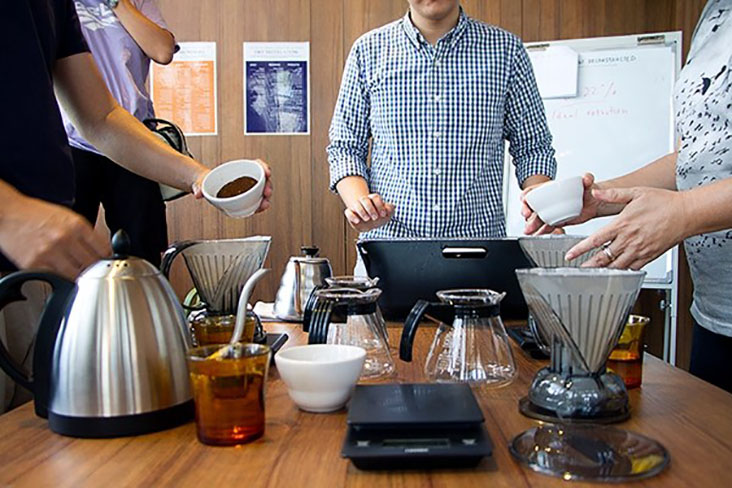
Foo says, “In Singapore, SES or Social Economic Status is a huge deal — it can be very hard to find locals looking to join F&B as they see service industry as low SES. Whereas we’ve discovered in KL, Malaysians see F&B as a potential career; they do their job with pride and find their positions such as being a barista as something cool.”
In Singapore, there is a trend of hiring of various nationalities necessitated by the labour situation on the small island.
Foo says, “In many cafés and restaurants, you’ll often have the Filipinos as front of house and Chinese for back of house. Malaysians might work as cooks and Singaporeans as middle management. Sadly they usually don’t hang out much outside of work.”
The reverse is true in KL according to Foo, or at least at Pulp. He says, “Malaysians — regardless of race — work well together. So we have had to learn that both countries are similar markets but culturally different enough that we had to adapt accordingly. One way we’ve done this is to have staff from both countries work with or train each other.”
One similarity, however, is the challenge of staff turnover; attrition is notoriously high in the F&B industry. Foo says, “This younger generation does not stay long in jobs. In a way, they are short sighted and seek instant gratification; they want everything fast. Moving forward, we’ll introduce an “employee store” concept to reward loyalty — such as employees who have been with the company for 3 years and longer.”
This will be the company’s strategy for creating a sense of ownership. Foo says, “Leon calls this ‘Papa Palheta’s love letter to our employees.’ It’s our way of giving back to our employees and showing them we’ve been listening and understand their needs. It just takes time to do it properly.”
Papa Palheta’s patient approach growing their business is quite unlike others, some who are built to sell and eager to take on large amounts of venture capital investment in order to expand rapidly and dominate markets.
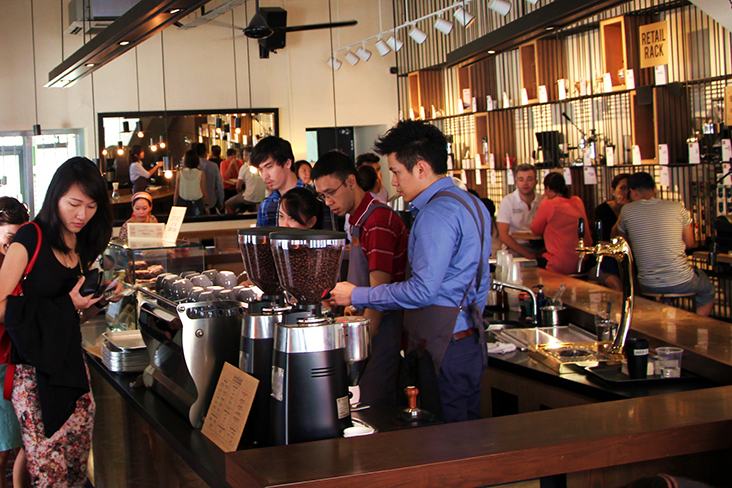
Foo says, “We believe in building a strong foundation first. Of course, we could take a RM10 million investment and open many outlets — it’s tempting! But there’s a real danger of opening too fast, then having to shut down operations as swiftly.”
It’s also about understanding their priorities and acting accordingly. Foo recalls how they started subscription coffee earlier than the rest in the market but was met with slow uptake:
“It was the right product but wrong timing. Also, we didn’t have the bandwidth to focus on it — our main activities are coffee roasting and servicing clients — unlike others such as Bean Shipper that only do coffee subscriptions.”
Putting all of these elements together — stellar customer service, investing in employee development, carefully planned roll-out of new products — one gets a bigger picture of what Papa Palheta is about. Ultimately their strongest suit, and they clearly recognise this, is their brand value.
For customers, Papa Palheta means a warm welcome and constant education. For employees, Papa Palheta is more than a job, it’s a career and a sense of ownership. And for Foo, Papa Palheta is more than a business; it has seen him move to Malaysia and live here for half a decade now, making new connections along the way. Friends, colleagues, fellow coffee professionals. He and his wife became parents here. It is more than a lifestyle, it is a life.
In training his staff to deliver happiness to their customers (and in turn, discover happiness in a job well done), Foo may have found his own happiness here.
Pulp by Papa Palheta
29-01, Jalan Riong, Bangsar, Kuala Lumpur
Open daily 7:30am-10pm
Tel: 03-2201 3650
www.papapalheta.com.my
Chye Seng Huat Hardware
150 Tyrwhitt Rd, Singapore
Open Sun-Thu 9am–10pm, Fri-Sat 9am–12am, Mon closed
Tel: +65 6396 0609
www.cshhcoffee.com

